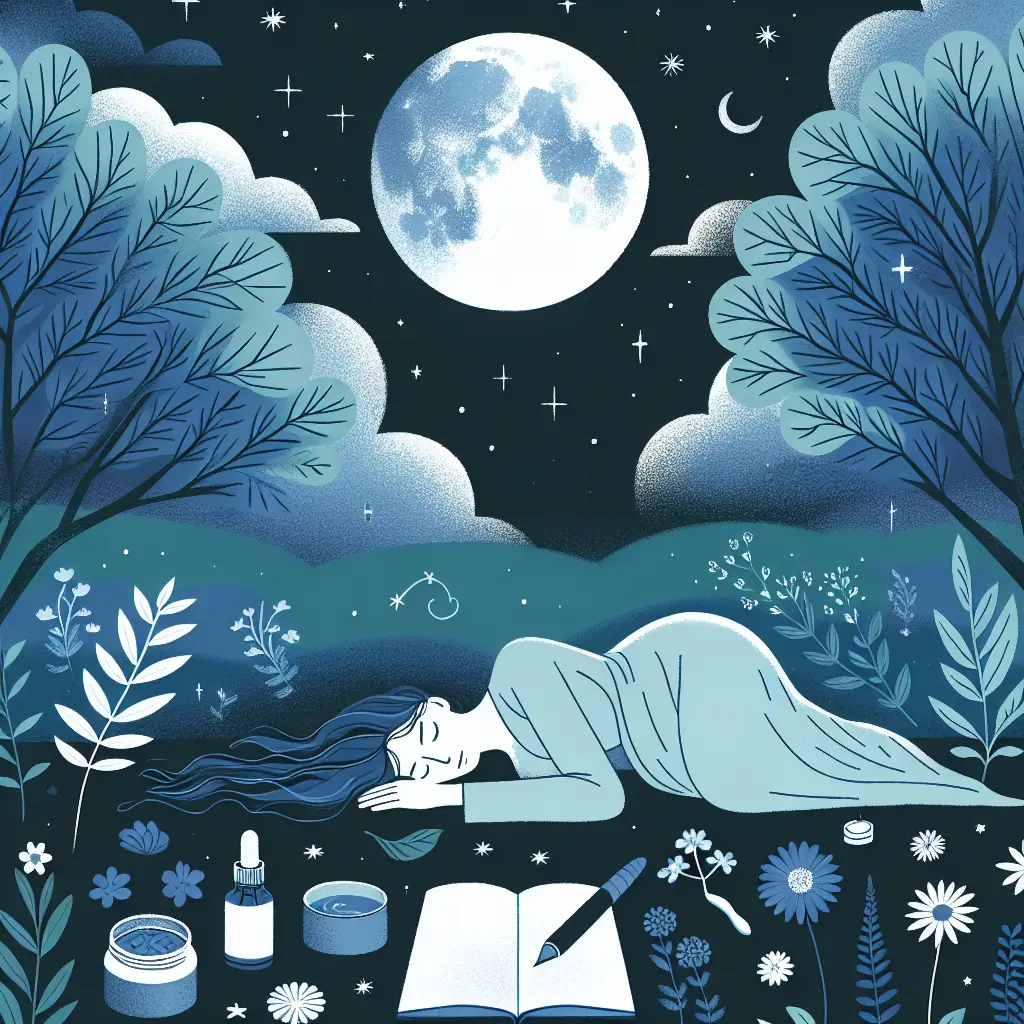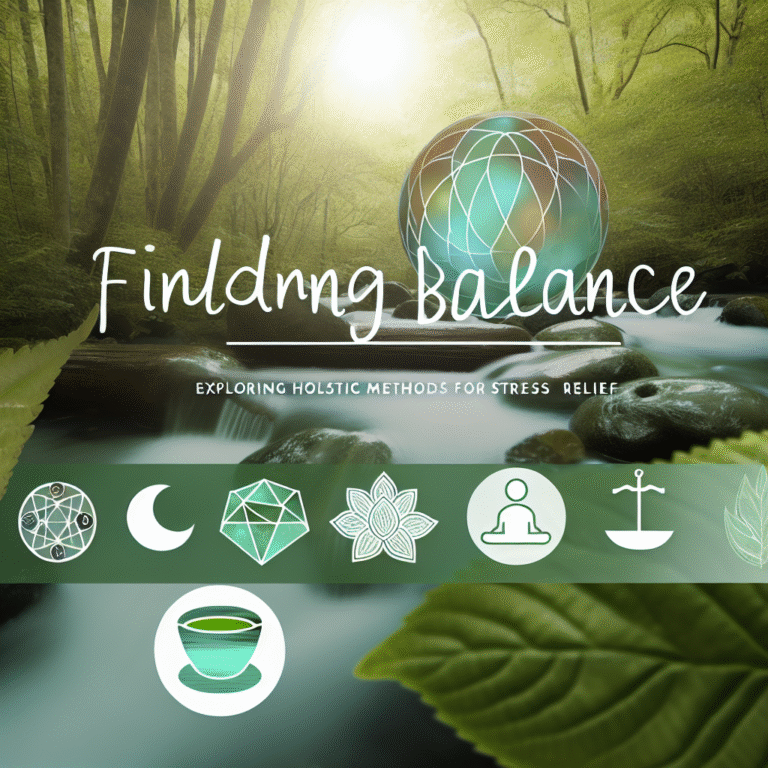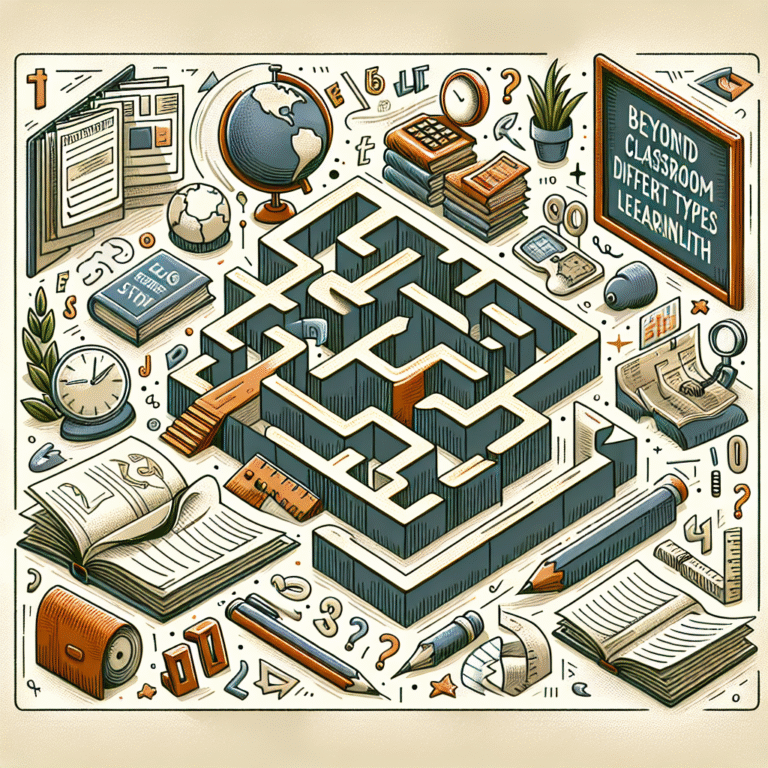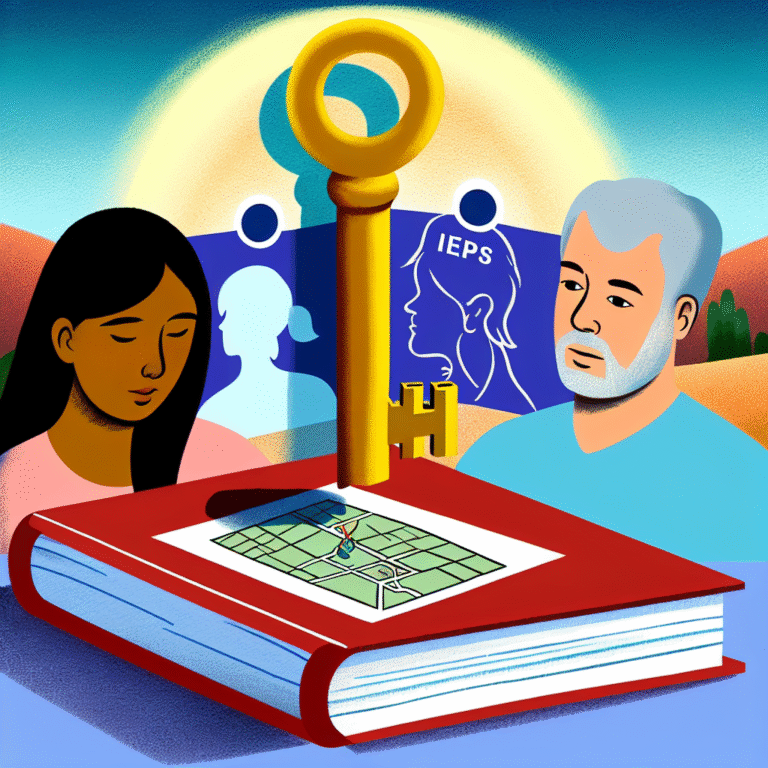
Rest Easy: How to Tackle Insomnia with Natural Solutions
Introduction
In a world perpetually buzzing with activity, sleepless nights have become unsettlingly commonplace. Insomnia affects millions, disrupting lives and draining energy and focus. The quest for a good night’s rest often leads many down a path lined with pharmaceuticals—but what if there was a more natural approach? Rest Easy: How to Tackle Insomnia with Natural Solutions explores holistic ways to reclaim your sleep, empowering you with insights and strategies that aren’t just effective but also enrich your overall well-being.
Understanding Insomnia: What You Need to Know
What is Insomnia?
Insomnia isn’t merely the absence of sleep; it’s a complex sleep disorder characterized by persistent difficulties in falling asleep, staying asleep, or waking too early. This can lead to daytime fatigue, irritability, and a host of health issues—both physical and mental.
Types of Insomnia
- Acute Insomnia: Short-term; often triggered by stress or changes in environment.
- Chronic Insomnia: Long-lasting sleep difficulties that occur at least three times a week for a month or longer.
- Comorbid Insomnia: Tied to other conditions, such as anxiety, depression, or chronic pain.
Statistics That Matter
According to the National Sleep Foundation, about 30% of adults report experiencing short-term insomnia, and 10% suffer from chronic insomnia. With such staggering numbers, it’s evident we need effective strategies, and Rest Easy: How to Tackle Insomnia with Natural Solutions can provide this.
Natural Solutions for Insomnia
1. Establish a Sleep Routine
Creating a consistent bedtime routine can signal to your body that it’s time to wind down.
Case Study: The Power of Routines
In one compelling case, Sarah, a 34-year-old educator, struggled with insomnia for years. By committing to a fixed bedtime and crafting a nightly routine—comprising reading and meditation—she noticed a sharp decline in her sleep difficulties. Within weeks, she reported feeling more refreshed and energized every morning.
2. Optimize Your Sleep Environment
Your bedroom should be a sanctuary for sleep. This means controlling light, noise, and temperature.
Table: Optimizing Sleep Environment
| Factor | Ideal Conditions | Impact |
|---|---|---|
| Light | Dark, using blackout curtains | Promotes melatonin production |
| Noise | Quiet, consider white noise | Minimizes disturbances |
| Temperature | 60-67°F (15-19°C) | Supports deep sleep |
3. Mind Your Diet
What you eat can greatly influence your sleep quality.
- Foods Rich in Magnesium: Dark leafy greens, nuts, and whole grains.
- Sleep-Inducing Snacks: A small serving of yogurt or banana before bed can promote relaxation.
Case Study: Nutrition Matters
Mike, a busy software developer, switched up his late-night snacks from chips to yogurt and almonds. This simple change, accompanied by adequate hydration, led to an immediate improvement in his sleep patterns.
4. Herbal Remedies: Nature’s Sleep Aids
Several herbs are known for promoting relaxation and sleep.
- Chamomile Tea: Long praised for its calming effects, chamomile can help reduce anxiety.
- Valerian Root: Some studies suggest it may improve sleep quality.
- Lavender: The scent of lavender is believed to provide calming effects.
Case Study: The Herb Effect
Jane, a 42-year-old nurse, incorporated chamomile tea and lavender essential oil into her nightly routine. After just a few nights, she found herself falling asleep faster and experiencing deeper sleep.
5. Exercise Regularly
Regular physical activity can significantly improve sleep quality.
Chart: Exercise and Sleep Quality
| Exercise Type | Recommended Duration | Benefits |
|---|---|---|
| Aerobic exercises | 30 mins most days | Reduces anxiety & promotes sleep |
| Yoga or stretching | 10-15 mins nightly | Calms the mind and prepares for sleep |
6. Mindfulness and Relaxation Techniques
Practicing mindfulness and relaxation can ease the mind’s racing thoughts.
- Meditation: Just 10 minutes before bed can induce relaxation.
- Breathing Exercises: Techniques like the 4-7-8 breathing method can calm the nervous system.
Case Study: Mindfulness in Action
Tom, a 29-year-old graphic designer, turned to mindfulness. He committed to meditating for ten minutes each night, drastically reducing his racing thoughts, allowing him to drift off into slumber more easily.
7. Screen Time Management
Reducing exposure to screens before bed can help regulate your body’s melatonin levels.
Tips:
- Aim to unplug at least an hour before bedtime.
- Replace screen time with reading or other calming activities.
8. Cognitive Behavioral Therapy (CBT)
CBT specifically for insomnia can address underlying concerns and thought patterns affecting sleep.
Finding Help
Consider a certified CBT therapist if insomnia persists or significantly impacts daily life.
Understanding the Science Behind Sleep
Sleep Cycles and Their Importance
Understanding how sleep cycles work can help you appreciate the value of a consistent sleep schedule. Sleep is composed of cycles alternating between REM and non-REM sleep, with each cycle influencing mood, cognitive function, and overall health.
Graphic: Sleep Cycle Overview
| Cycle | Duration | Characteristics |
|---|---|---|
| NREM Stage 1 | 5-10 mins | Light sleep; transition phase |
| NREM Stage 2 | 20 mins | Deeper sleep; heart rate slows |
| NREM Stage 3 | 30 mins | Deepest sleep; body repairs |
| REM Phase | 20-25 mins | Dreaming; aids memory consolidation |
Conclusion: Embrace Natural Solutions for Better Sleep
The journey to restful sleep doesn’t have to involve harsh chemicals or complicated protocols. By embracing the principles outlined in Rest Easy: How to Tackle Insomnia with Natural Solutions, you can restore a harmonious balance in your sleep life. Remember, the goal is not just to fall asleep but to cultivate a lifestyle that promotes peace and relaxation.
Actionable Insights:
- Begin integrating one or two natural remedies into your routine each week.
- Track your sleep quality and patterns to identify what works best for you.
- Share your experience with friends or family; advancement in sleep techniques can often provide mutual support.
FAQs Section
1. Can dietary changes really affect my sleep?
Yes! Certain foods can promote better sleep, while others can disrupt it. Avoid caffeine and heavy meals before bed.
2. How long does it take to see results from these natural solutions?
While some may notice improvements within a few days, others may take weeks. Consistency is key!
3. Is it safe to use herbal remedies alongside prescribed medication?
Consult with a healthcare professional before combining herbal remedies with prescription medications.
4. What’s the best technique for managing a racing mind at bedtime?
Mindfulness meditation and deep-breathing exercises can effectively calm a racing mind.
5. How do I know if I need professional help for my insomnia?
If you have tried multiple strategies without success, consider speaking to a health professional who specializes in sleep disorders.
In summary, tackling insomnia naturally can be a rewarding endeavor that enhances not only your sleep but also your life. So, take a deep breath, implement the strategies discussed, and look forward to restful, rejuvenating sleep nights ahead!














